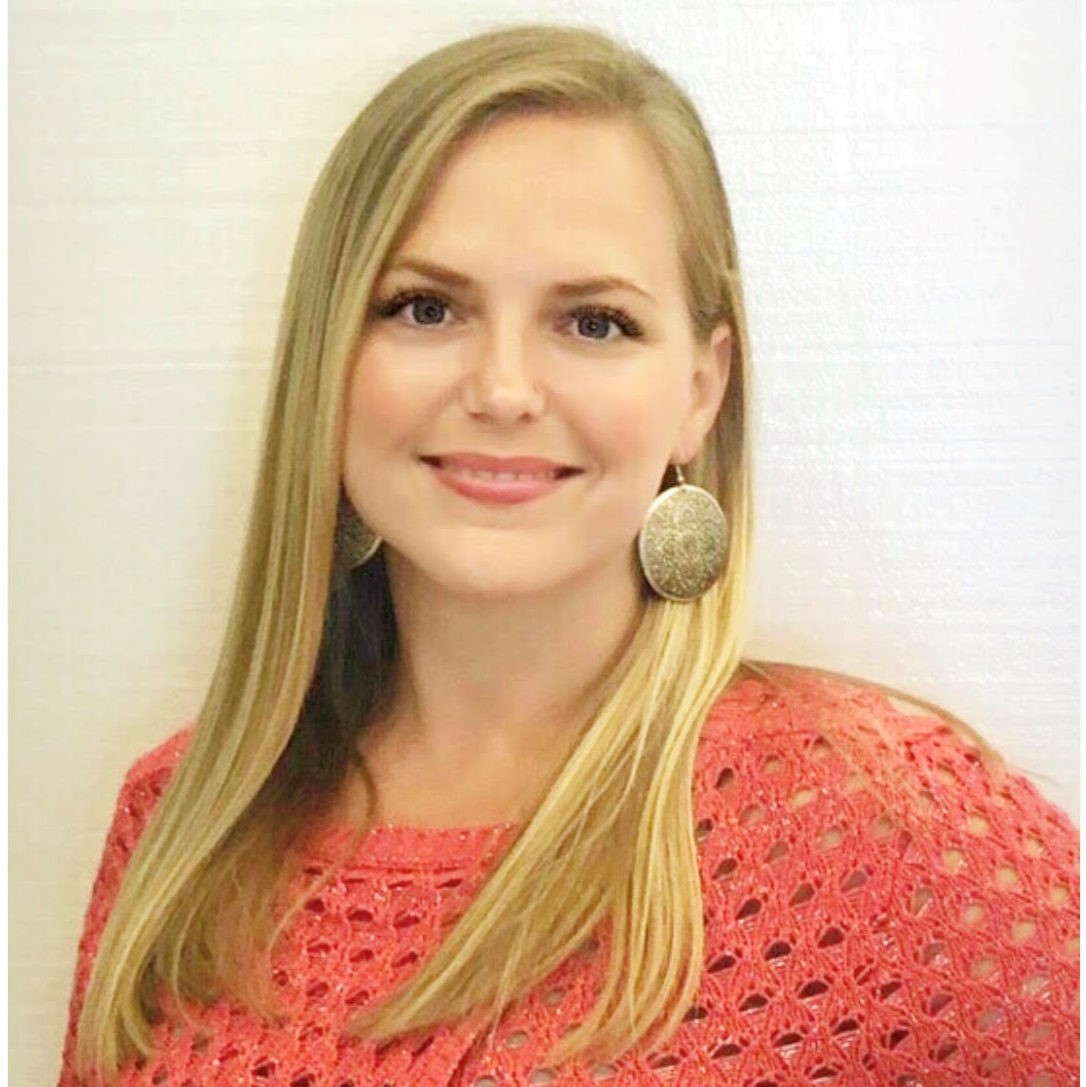Allen, S.B., Hunter, Q. (April 2020, deferred to April 2021 due to pandemic). Using a liberation psychology model in career counseling. Paper to be presented at the annual conference of the American Counseling Association.
Allen, S. (2017, January). The value of mentoring. Presented at The University of Texas at
San Antonio, Chi Sigma Iota workshop.
Hunt, D., Altamirano, G., & Allen, S. (2016, February). Homogeny in counselor education: the
need for students of color in counselor education. Presented at the midwinter conference of the Texas Association for Counselor Education and Supervision, Austin, Texas.
Allen, S. (2016, March). Knowing your professional identity. Presented at The University of
Texas at San Antonio Chi Sigma Iota workshop.
Allen, S., & Cornelius, H. (2016, February). Bridging the gap between master’s level counselors
and post-graduation research: a relational perspective. Presented at the midwinter conference of the Texas Association for Counselor Education and Supervision, Austin, Texas.
Deaner, R., & Allen, S. (2015, March). Reality t.v.: bane or bounty for counselors-in-training?
Paper presented at the annual conference of the American Counseling Association, Orlando, Florida.
Deaner, R., & Allen, S. (2014, October). Reality t.v.: bane or bounty for counselors-in-training?
Paper presented at the annual conference of the Southern Association for Counselor Education and Supervision, Birmingham, Alabama.
Deaner, R., & Allen, S. (2014, February). Reality t.v.: cultural bane or bounty for
counselors-in-training? Paper presented at the Cross-Cultural Counseling and Education Conference for Research, Action, and Change, Savannah, Georgia.

